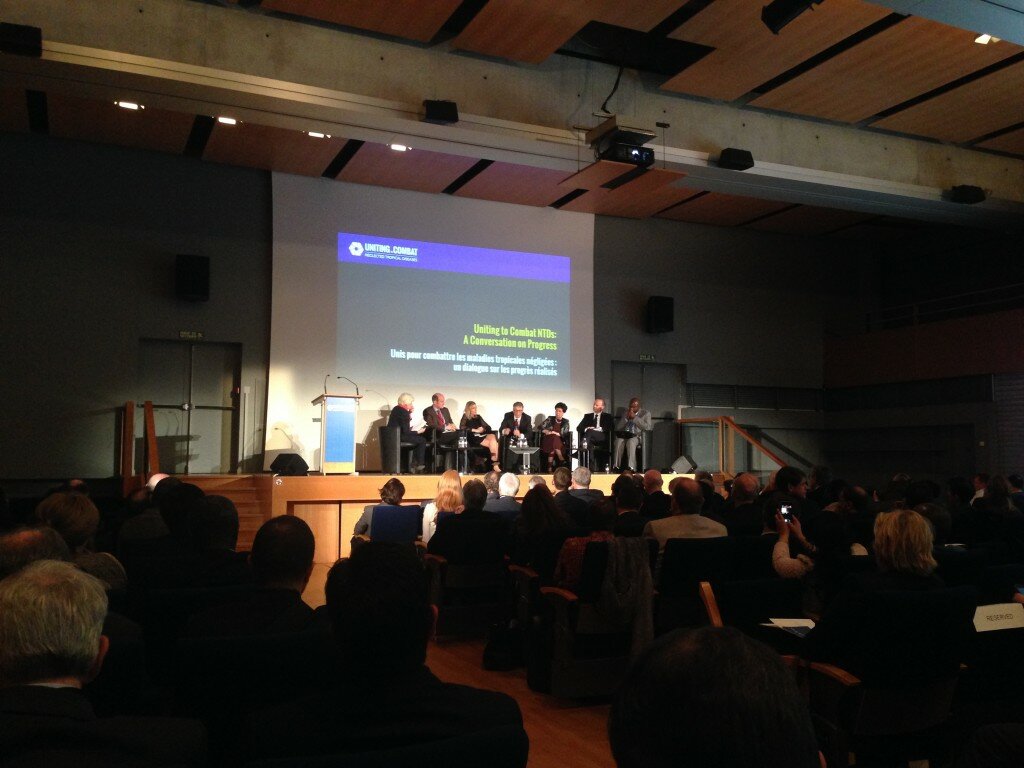Have you ever been curious about how the medicine to treat neglected tropical diseases (NTDs) reaches communities across the world? A new from GlaxoSmithKline (GSK) explains how establishing key partnerships and implementing evidence-based supply chain methods enables us to prevent and treat those that are suffering from NTDs across the globe.
Through the 2012 London Declaration on NTDs, pharmaceutical companies, non-governmental organizations (NGOs), and donor and endemic governments dedicated themselves towards scaling up drug supply to over a billion people suffering from NTDs. In 2013, 1.35 billion low-cost treatments for NTDs were donated to more than 70 endemic countries worldwide.
To build upon the successes realized over the past two years and to meet the NTD control and elimination goals by 2020, new approaches on the methodology of supply chain management for NTDs are needed. To answer this challenge, pharmaceutical industries, NGOs and supply chain experts formed the NTD Supply Chain Forum. The team includes pharmaceutical companies (GSK, Pfizer, Eisai, Merck Serono, J&J, Merck & Co., Inc), NGOs (Children Without Worms, International Trachoma Initiative Mectizan Donation Program), DHL, JSI, and Bill & Melinda Gates Foundation.
Their goal is to simplify complex logistical, manufacturing, and personnel challenges to streamline the high number of drugs being distributed to rural villages, schools, and clinics in need of NTD treatments.
Already through this partnership, 809 million treatments were donated for lymphatic filariasis, 115 million treatments for onchocerciasis, 276 million treatments for soil transmitted helminthes, 52 million treatments schistosomiasis and 51 million treatments for trachoma.
We encourage you to watch GSK’s video on . For more information about the supply chain progress that is being made for NTDs, please read the Supply Chain section of the recent 2013-2014 report on Delivering on Promises & Driving Progress: The Second Report on Uniting to Combat NTDs.




